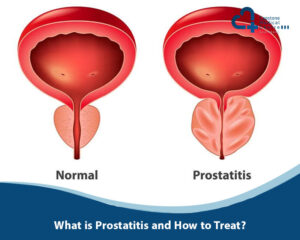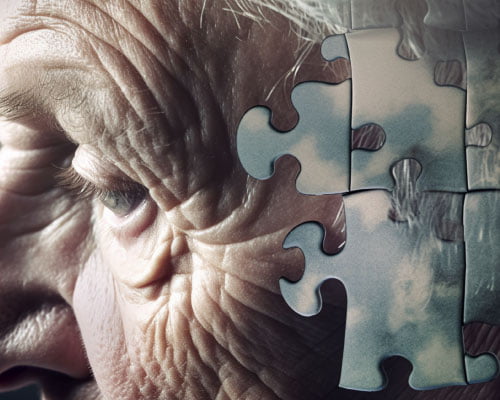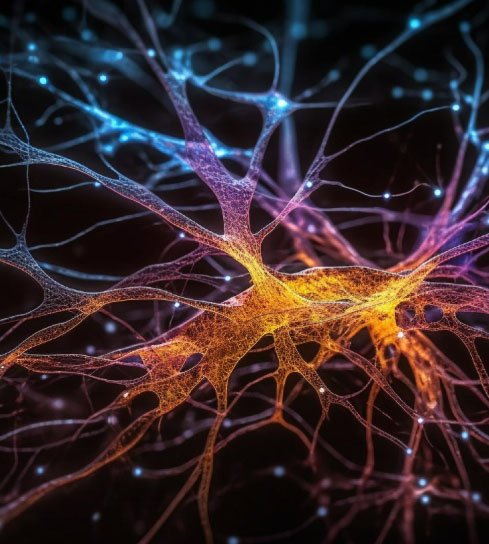
What is Prostatitis and How to Treat?
Prostatitis, a condition that has significant implications for men’s health,


MD, FRACGP, FACAM
Advance Diploma in General Dermatology
Diploma of Cosmetic Medicine

While research on dementia and cognitive decline is continually expanding, revealing vital information on the factors that can safeguard or slow down these conditions, some interventions stand out.
We’ve long understood the importance of social connections, and the roles of diet, exercise, and genetics.
Monash University conducted a comprehensive study on over 10,000 older Australians, with an average age of 74, aiming to pinpoint strategies to reduce dementia risk.
The study revealed that individuals who regularly engaged in activities that promote literacy and mental sharpness were 11% less prone to developing dementia.
Such activities encompass attending educational classes, journaling, playing brain games like chess and crosswords, and computer usage.
Interestingly, the research also indicated that engaging in artistic hobbies such as crafting, knitting, painting, and reading might reduce dementia risk by up to 7%.
The study explained, “Cognitive engagement in these activities boosts resilience against neurological disorders by increasing neuron counts, enhancing synaptic activity, and optimising the efficiency of brain networks.”
Contrary to other studies, the Monash research did not identify a significant correlation between social networks, regular outings, and dementia risk. However, this does not undermine the widely recognized protective power of strong social ties against dementia.
The researchers pointed out that the majority of their study participants reported having strong social networks in their lives or, at the very least, had maintained good social ties in their earlier years.
This strong baseline might have provided inherent protection against dementia, while activities such as chess, computer activities, and journaling introduced additional layers of protection.

Prostatitis, a condition that has significant implications for men’s health,

Back to all The Best Foods to Eat While Working

Back to all Healthy Relationships What is a healthy relationship?

Back to all How to shop for healthy food on

Back to all Travel Vaccinations: What to know before you
Monday – Wednesday
Thursday – Friday
Saturday
Sunday
Public holidays
9 am to 5:30 pm
8:30 am to 6:30 pm
10.00 am to 3.00 pm
closed
closed
© 2020 All rights reserved.
